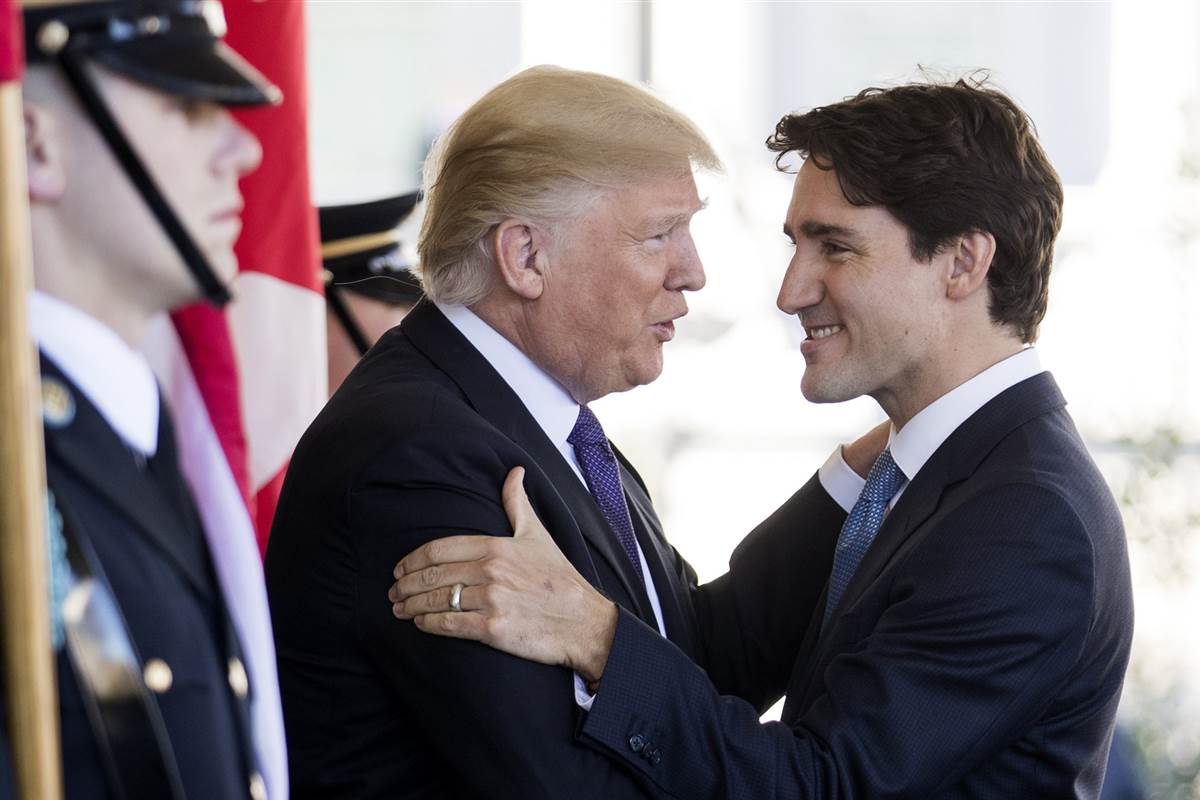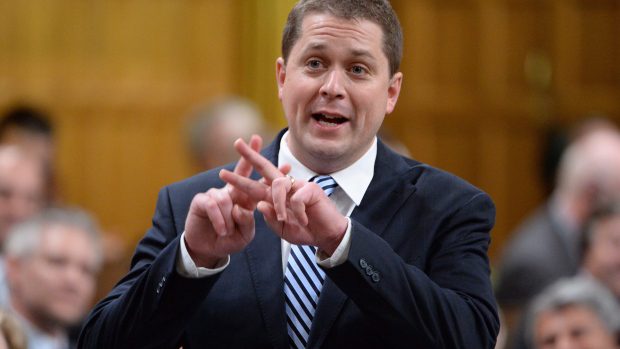You may have seen the hashtag #BlameTheOpposition on Canadian Twitter during these past few months as the Conservative Party of Canada reacts to Liberal attempts to make the CPC's alleged extremism the issue rather than Trudeau and his boneheaded foul-ups.
The recognition of this tactic is a step forward for Canada's conservative movement in that they are recognizing that it exists.
During the years when Gerald Butts and his team were developing this strategy and testing it out on the hapless bunch of dunces that were and still are the PC Party of Ontario, it was never said aloud but rather accepted as a given that opposing whatever the Liberals were doing was….well, weird. If the Opposition spoke out of turn, and at times when they didn't speak out, then they, not the government would be the subject of condemnation. That is #BlameTheOpposition.
Perhaps the most egregious example of #BlameTheOpposition at the provincial level during the McGuinty years is when the Ontario Liberals prorogued the Legislature around the same time Harper was doing the same thing at the federal, and taking plenty of heat for it and then blamed the Opposition for trying to push a contempt motion on the government which, you might recall, was exactly what the federal Liberals did to the federal Conservatives. (For those of you keeping score, that's two times when Conservatives copied Liberal tactics, and got blamed twice because they were in opposition and the Liberals weren't.)
Because so much of Canadian politics is mealy-mouthed virtue signalling substituting for actual action, it gets rather difficult to tell whether the Liberals are aware of how well their tactics work, or if the voters just automatically give them a free pass because they are Liberals.
What is clear is that the Natural Governing Party does get a pass. They enjoy a level of privilege in Canada that the Conservatives can only dream of, and #BlameTheOpposition is only one facet of this privilege.
Of late, there have been several other manifestations of this double standard and each time, the Liberals emerge on top.
Conservatives going on Fox News will damage NAFTA negotiations, but Justin Trudeau throwing shade at Trump in Rolling Stone won't.
During the Chretien-Martin years, it was politically inconvenient to ask the question of whether Omar Khadr was actually innocent of the charges against him. Later, when Harper was in government, the question became more widely asked, and now that the Conservatives are back in Opposition the questioning of the official narrative on Khadr is suddenly the new official narrative.
The question is, "Why don't Andrew Scheer, Brian Jean, Jason Kenney, Patrick Brown, and other opposition conservative politicians denounce Rebel Media?" rather than "Why don't Kathleen Wynne, Rachel Notley and Justin Trudeau take a firm stance against Rebel Media? They are, after all, in government and have the power to do something about the problem." Or, more importantly, "Why doesn't Gerald Butts disavow his supposed friendship with Steve Bannon, or, failing that, why doesn't Trudeau call on Butts to do the disavowing?"
Now Conservatives have not gotten to the point where they ask the next obvious question, which is WHY the #BlameTheOpposition tactic works. I have no answer either, but I've been working on it.
During the US election that saw Trump ascend to the presidency, there was an even-handedness with respect to both candidates' unfitness to lead that is absent from Canadian election coverage. Hillary Clinton's emails, allegations of corruption, her ties to Wall Street, were brought up again and again. Try as they might, however, the Conservatives cannot and have not been able to get Canadian media to focus on Trudeau's foppishness as a negative for more than a day at a time.
Is it just that Canadian journalists are still feeling the burn after years of being denied access by Harper? Or is it something deeper and more cultural?
Are Americans, who have experienced domestic revolution and civil war, more tolerant of opposition and critical of government? Is the reverse true for Canadians?
Could Canadians be, on a subconscious level, fearful of change and revolution, and as a result unwilling to allow the opposition its due?
I do not know. These are speculations. But one thing is clear the Liberals aren't interested in asking these questions. The current situation serves them too well.
And in those rare moments where they take the current situation for granted such as the 2006 federal election, or the 2010 Toronto mayoral election things don't work out too well for them. So there is, at least, some degree of active awareness of the #BlameTheOpposition double standard on their part.
I cannot predict with certainty whether the Liberals will keep doing the thing that has kept them firmly on top in Canada for most of its history. There is, as we have seen, a chance that they will not. But there is a better than average chance that they will.
Written by Josh Lieblein








